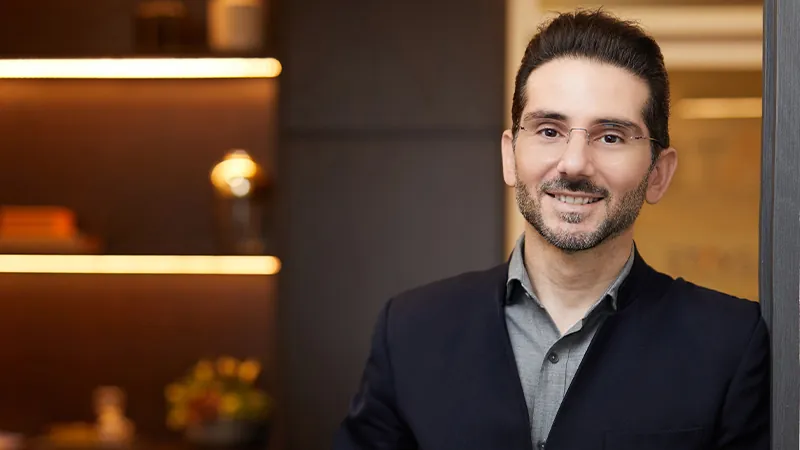
Is It Time for You to Get an Endoscopy Screening? Find Out Now!
2024-09-21
The Urgent Need for Colorectal Screenings in Asia
Colorectal cancer, once primarily associated with Western societies, is alarmingly on the rise in Asia, particularly Singapore. According to Dr. Anastassiades, "Colorectal cancer is the most common type of cancer in the general population in Singapore." What’s even more startling is that this disease, traditionally seen as one that affects older adults, is increasingly affecting younger demographics.
But colorectal cancer isn’t the only gastrointestinal issue gaining attention. Stomach cancer has long been a major concern in Asia, while pancreatic cancer rates are rising in Singapore. This cancer is less common but significantly more deadly. Additionally, hepatocellular cancer, or primary liver cancer, remains prevalent largely due to hepatitis B, though fatty liver disease is also becoming a growing concern.
Why You Should Prioritize Endoscopy Screenings
Dr. Anastassiades is dedicated to promoting awareness about the importance of early and thorough gastrointestinal endoscopy screenings, including colonoscopies. These screenings are vital for detecting and removing polyps—small growths on the inner walls of the colon and rectum that could eventually turn cancerous. Early detection dramatically increases the chances of successful treatment; localized colorectal cancer boasts a remarkable five-year survival rate of about 90% when caught in its early stages.
What is Gastrointestinal Endoscopy?
Gastrointestinal endoscopy encompasses various procedures like gastroscopy and colonoscopy. These minimally invasive techniques use a flexible tube with a camera to visualize the inner lining of the digestive tract, helping physicians diagnose abnormalities, inflammation, ulcers, tumors, and signs of cancer. Additionally, doctors can take tissue samples for biopsy and remove pre-cancerous lesions during these procedures.
"Endoscopy allows us to provide tailored treatment plans, monitor patient progress, and ultimately improve the outcomes," explains Dr. Anastassiades.
A Closer Look at Procedures
Here are four crucial types of endoscopic procedures that you should be aware of:
1. **Gastroscopy (OGD)**: Focuses on examining the upper digestive tract, including the esophagus, stomach, and duodenum.
2. **Colonoscopy**: Inspects the colon and rectum to identify and prevent various gastrointestinal conditions. It’s common to find and remove polyps during a colonoscopy.
3. **Endoscopic Ultrasound (EUS)**: This combines endoscopy and ultrasound to explore organs within the gastrointestinal tract.
4. **Endoscopic Retrograde Cholangiopancreatography (ERCP)**: Used to diagnose and treat conditions affecting the bile ducts, pancreas, and gallbladder.
Achieving Overall Gut Health
Dr. Anastassiades emphasizes that maintaining a healthy gut extends beyond merely avoiding cancer. Elevate Gastroenterology aims to provide holistic care, diagnosing and treating a variety of gastrointestinal issues such as acid reflux, heartburn, constipation, diarrhea, and irritable bowel syndrome (IBS). Effective endoscopy, combined with expert evaluations, can rule out serious conditions that manifest with similar symptoms, granting patients peace of mind.
Understanding Patients' Unique Needs
Dr. Anastassiades caters to diverse patients, from locals to expats. With over 25 years of experience, including time spent at notable institutions like the Mayo Clinic and University College London, he has honed his skills in providing personalized care. Speaking Mandarin allows him to better connect with local patients, ensuring that they fully understand their health and treatment options.
If you're wondering whether it's time for your screening, don’t delay! Schedule a consultation today to take a proactive step towards your gut health.
Final Thoughts
Colorectal and other gastrointestinal cancers are increasingly prevalent, highlighting the necessity of regular screenings. With advanced techniques available, your gut health is more manageable than ever. Remember, early detection could save your life—don’t take chances with your wellness!
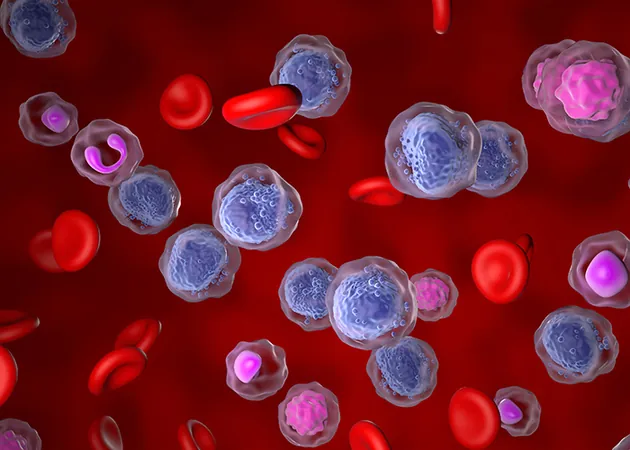
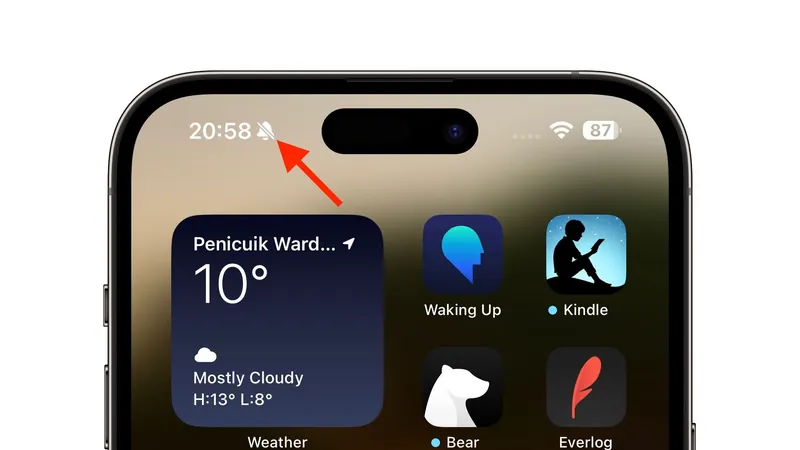

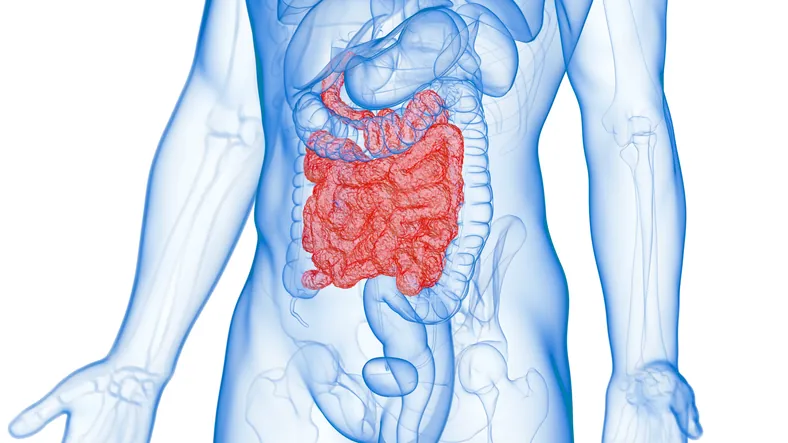
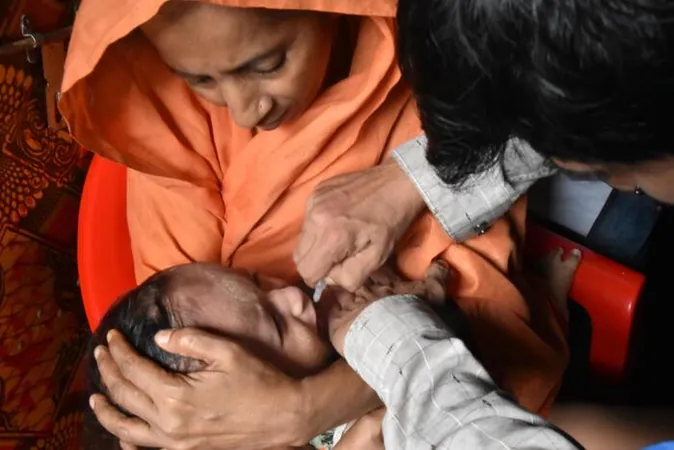
 Brasil (PT)
Brasil (PT)
 Canada (EN)
Canada (EN)
 Chile (ES)
Chile (ES)
 España (ES)
España (ES)
 France (FR)
France (FR)
 Hong Kong (EN)
Hong Kong (EN)
 Italia (IT)
Italia (IT)
 日本 (JA)
日本 (JA)
 Magyarország (HU)
Magyarország (HU)
 Norge (NO)
Norge (NO)
 Polska (PL)
Polska (PL)
 Schweiz (DE)
Schweiz (DE)
 Singapore (EN)
Singapore (EN)
 Sverige (SV)
Sverige (SV)
 Suomi (FI)
Suomi (FI)
 Türkiye (TR)
Türkiye (TR)